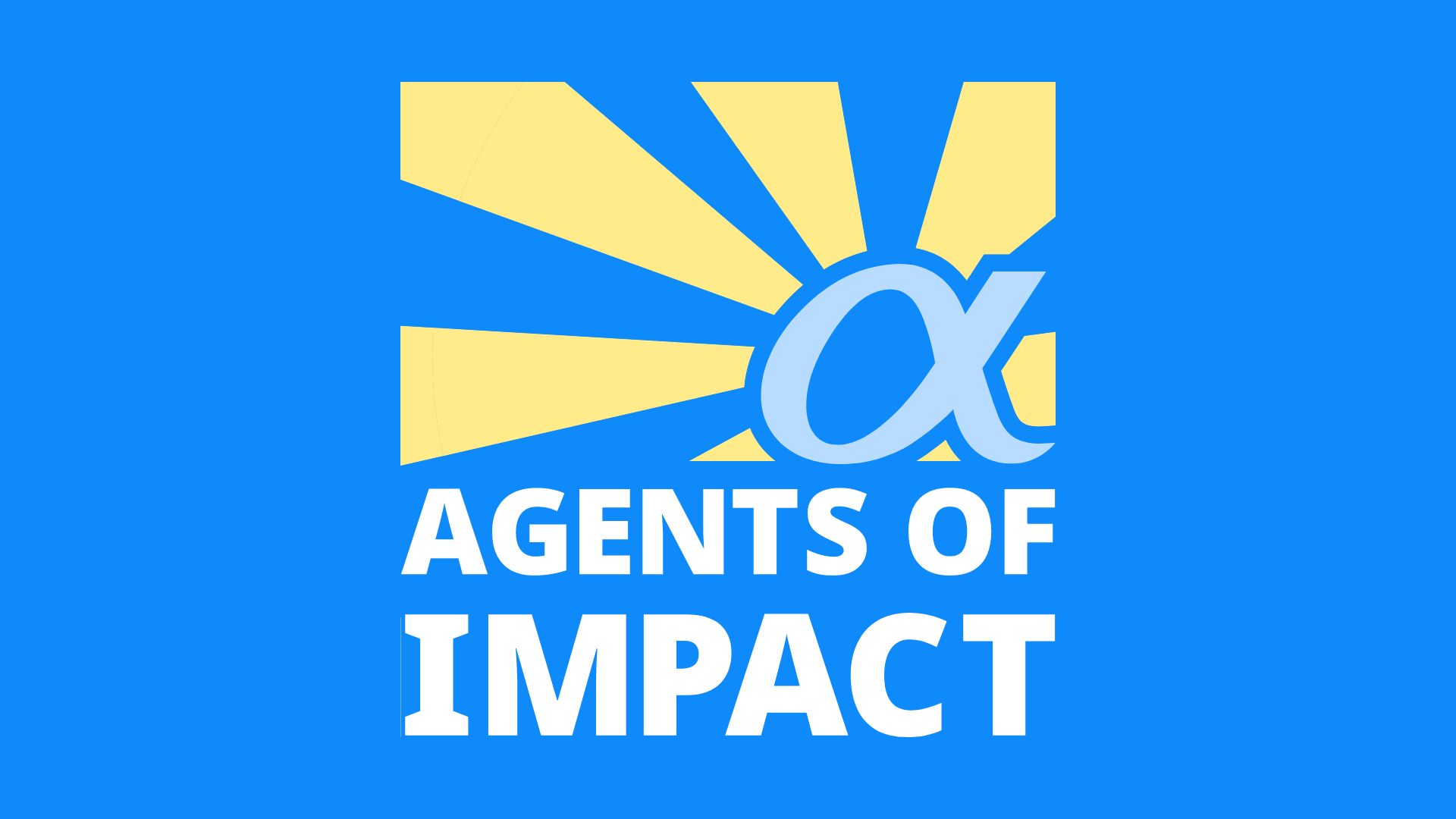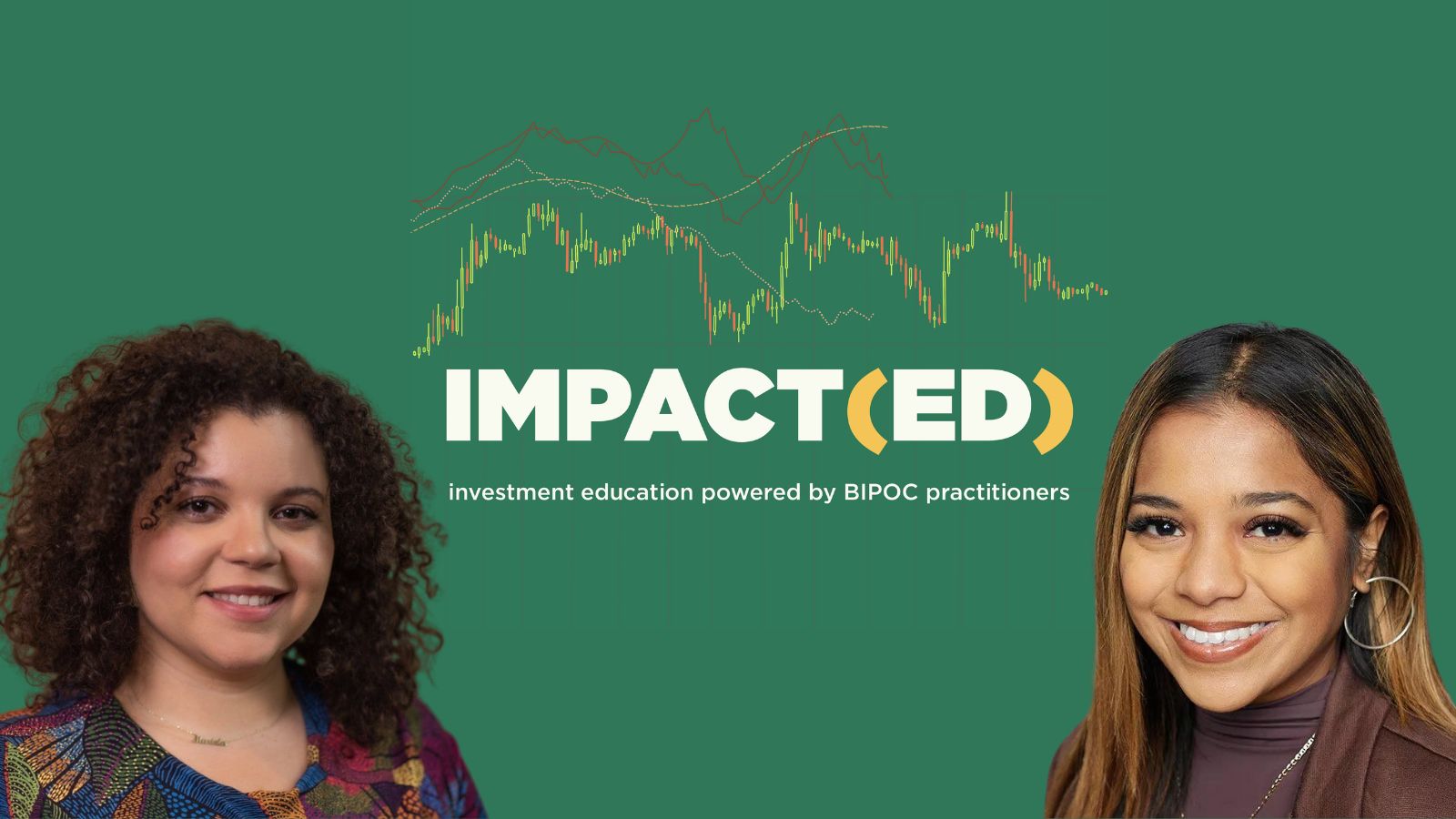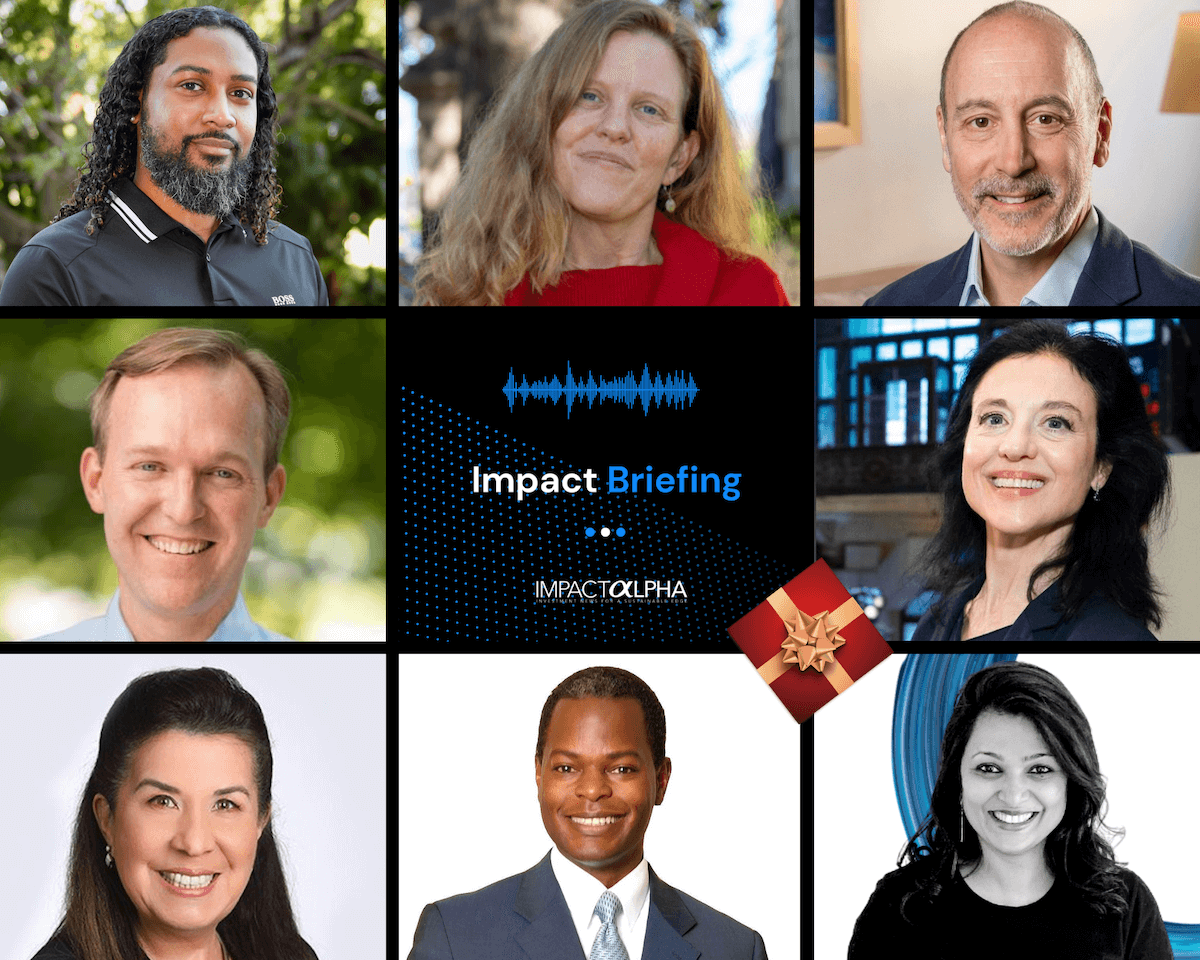ImpactAlpha, Apr. 26 – Diverse-owned and -managed funds would be more likely to build diverse teams and more likely to invest in diverse founders. Those founders, in turn, would be more likely to build companies serving lower-income and diverse consumers and more likely to address their needs.
That was the theory of change behind the Ford Foundation’s decision in 2019 to enlist Larry Morse of Fairview Capital to establish the Fairview Foundations Emerging Managers Fund as a fund-of-funds to channel endowment capital to high-performing managers that may have faced obstacles winning mandates from institutional investors.
A corollary objective: To encourage other foundations to likewise commit their endowments to change what kind of companies get funded by changing who does the funding.
Ford Foundation advanced that goal in March when Visa Foundation committed $10 million and two other foundations chipped in to bring the emerging managers fund to $72.5 million. Ford has put in a total of $60 million.
The U.S. Government Accountability Office had reported that firms owned by women and people of color managed only 1% of the $70 trillion in assets under management in the U.S.
For a special Agents of Impact podcast, ImpactAlpha brought together Fairview’s Larry Morse with Christine Looney of the Ford Foundation and Najada Kumbuli of Visa Foundation to talk about the progress that has been made toward equity in asset management and the obstacles that remain (disclosure: the Ford and Visa foundations have been sponsors of ImpactAlpha).
“It continues to be a matter of pushing a boulder up a hill,” said Morse, who co-founded Fairview in West Hartford, Conn., 28 years ago and has helped it raise a total of more than $10 billion. “Even today, when I go into the market, my partners and I, to raise capital, and we present our case, and it is cut and dried – you’ve got the performance, you’ve got the history, you’ve got reputable investors behind you – this ought to be an easy decision. I have yet to experience that.”
Track record
Ford’s mandate is part of the foundation’s $1 billion carveout from its $16 billion endowment for mission-related investments. Part of that strategy for those investments is to change practices in the asset-management industry overall.
“They’re all amazing managers,” Looney said about Fairview’s portfolio of funds. “They’re bringing forward new models in terms of how to allocate carry more equitably, how to bring a new universe of investors to cap tables.”
“From both a financial and impact perspective, we’re seeing early indications of the results we were hoping to see,” Looney said.
Performance alone may not be enough to disrupt long-standing biases. A study of asset allocators conducted by Stanford SPARQ with Oakland-based Illumen Capital in 2019 found that it is the highest-performing managers of color, not the lowest, that are most harmed by racial bias.
First-time fund managers, as well, face resistance from institutional investors, who generally insist on a proven track record before committing capital. That bias persists despite data showing that first-time fund managers actually outperform their more seasoned peers. Pitchbook last year found that nearly 18% of first-time funds generated internal rates of return above 25%, compared to only 11% for firms’ fourth funds or late.
Among the managers in the Fairview Foundations Emerging Managers Fund is Ulu Ventures in Palo Alto, Calif., a seed-stage fund led by Miriam Rivera and Clint Korver, which last year closed its $138 million third fund, one of the largest raises for a Latina-led fund. Another is the New York-based early-stage investor Equal Ventures, led by Richard Kerby and Rick Zullo.
“If you look beneath the fund, and to the kinds of companies that they’re backing, there’s very significant diversity in the management teams, the entrepreneurs who are running those companies,” Morse said. He says he told Equal Ventures’ managers, “We want to invest in you because you’ve got a network that you’ve built over time of entrepreneurs that are likely to bring attractive deals to you.”
Kumbuli said part of Visa Foundation’s strategy is to create a pathway for emerging fund managers to continue to prove themselves and attract even more institutional capital. Fairview expects to raise several hundred million for a planned second foundations emerging managers fund.
“These funds are performing in line with, or better, than the benchmarks for the private equity asset classes,” she said. “So, from a fiduciary duty, we absolutely should be thinking about how much capital at scale we can invest in these type of entities to create that efficient and effective flow of capital, versus picking a couple of new emerging fund managers to tick the diversity box.”
Fairview and the foundations are aiming to match, or beat, the market, Morse said.
“We simply happen to do it with a broader aperture or lens on the kind of people that we think are capable of generating that kind of performance,” he added. “And we’ve done that time and time and time again.”










